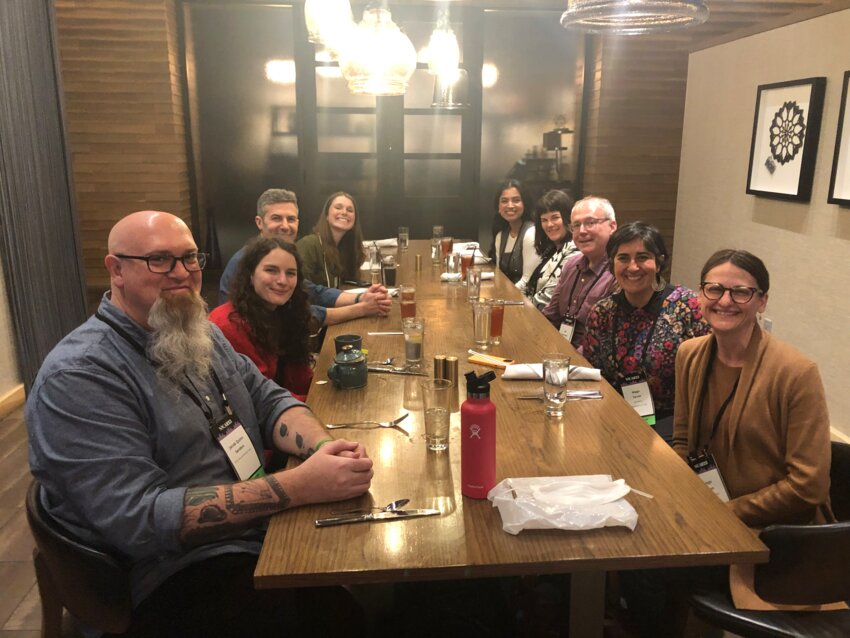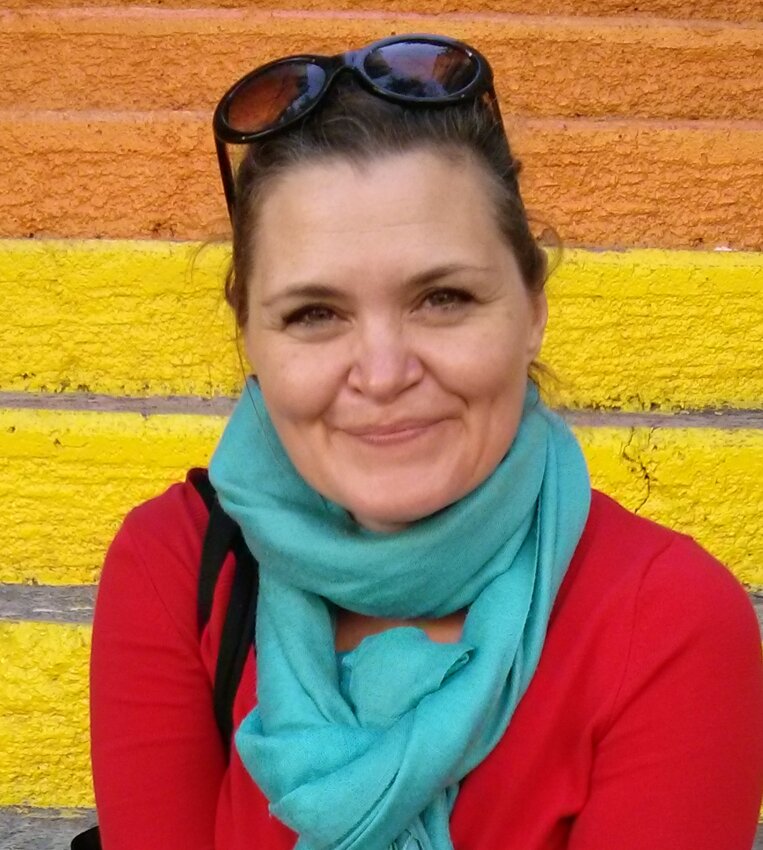It’s becoming a regular part of the award season. Smaller local news organizations have been racking up awards and connecting with their readers through data journalism.
City Bureau and the Invisible Institute in Chicago won a Pulitzer for their data-driven project “Missing in Chicago,” which revealed the Chicago Police Department’s neglect in tracking down cases of missing Black women. Streetsblog, a small New York City digital publication, was awarded a Polk Award and a Sigma Award and is nominated for the Goldsmith Prize for its report “Ghost Tags” by Jesse Coburn. The report revealed a widespread black market for temporary license plates that allowed criminals to hide in plain sight.
Each of these projects dug into public records, analyzed them and then used their findings to tell the previously unacknowledged or unseen stories of how systems failed to protect the public in profound ways.
At its core, data journalism is seen as a critical way of holding the powerful to account. It allows journalists to share their receipts with the public. That proof comes from finding the relevant data and analyzing it so that it can be presented in a way that explains why it’s important.
Taking on data projects can be daunting for small newsrooms without in-house expertise or resources. However, Cheryl Phillips, the founder of Big Local News at Stanford University, an organization set up to help small newsrooms take on data projects, said not all data projects have to be multiple years in the making. Even the smallest newsrooms with people who aren’t specifically trained as data journalists can do important data work.
“Journalists are great at asking questions. And that’s really what data journalism is. You’re just interviewing the data to look for patterns and outliers. It’s just a different style of interviewing as well. I think it’s really doable for somebody who doesn’t have a lot of expertise. They just must be willing to ask questions about the data.”
Phillips and the team at Big Local News help small newsrooms and individual journalists take on data projects to enhance their reporting by offering free tools, tutorials, open-source data sets, story templates and coaching for small newsrooms and journalists. Phillips said Big Local News is open to new partnerships with small, diverse newsrooms, helping to define the approach and analyze data. Phillips said she is willing to talk through a project idea and to provide coaching on a case-by-case basis.
Phillips said data projects require a deliberate approach, and when done well, they can build trust with readers. “With data projects, you can share your work. You can put out an explainer of the piece and say, ‘This is how we analyze the data. Here’s what we did. Here’s our methodology.’ It can heighten credibility.”
Resources to elevate your data game
While more college journalism programs provide training and degrees in data journalism, only a few journalists or data analysts are available to be recruited. There is now a wealth of resources for individual journalists, reporters and editors to get training and mentoring from organizations dedicated to peer support and expanding data and investigative skills to diverse groups.
There are books, like the one E&P reported on by Samantha Sunne and Mike Reilly, that can help explain data journalism in depth. A simple online guide from Clayton Aldern gives a thoughtful walkthrough of the primary considerations of data journalism from a newsroom leader’s perspective.
At the top of everyone’s list as a resource for data workers is Investigative Reporters & Editors (IRE) and its annual NICAR conference. The organization offers individual online training, for-pay newsroom training and extensive classes at the NICAR conference on all data tools. There are also classes on legal issues and training for editors who oversee data projects. Mentorship is available at the conferences and via NICAR’s Slack Channel. IRE can also be hired to help analyze and clean data. (Disclosure: This article’s author is an active IRE member.)

“My biggest piece of advice to newsroom leaders who want to take on data projects, but who don’t currently have the skill sets in their newsroom, is to find someone on your team who is interested or excited about data and help them get training,” said Sisi Wei, editor-in-chief of the investigative digital site The Markup.
Wei is a former senior editor at ProPublica. She and her colleague, Lena Groeger, launched The Data Institute in 2015 to address inequity and a lack of diversity in investigative and data journalism. The Data Institute, now co-run by the Ida B. Wells Society at Howard University and Open News, hosts a group of journalists for a free two-week intensive training session each year to provide in-depth training for diverse journalists.
The Ida B. Wells Society also provides individual training, support and mentorship through a free membership, while Open News offers coaching and data review, cleaning and analysis for individual projects.
Wei said The Markup frequently works with small newsrooms on ambitious projects, and it is open to talking to local news leaders if they have a specific project that might align with its areas of interest and expertise.
Funding is also available to support data projects from foundations and other universities. The Pulitzer Center funds individual data projects, as does the Fund for Investigative Journalism.


One of the larger single awards supporting several individual data projects each year is the Data-Driven Reporting Project (DDRP) at Northwestern University’s Medill School of Journalism. They have an annual open call and give between $20,000 and $50,000 per project. The award is less restrictive than some grants while supporting diverse and under-supported journalists. Recipients also have access to mentors, tools and ongoing support throughout their reporting.
“We really try to make it as easy as possible for awardees. The award can cover research fees, consultants or staff time. We’ve had people put in for childcare, and that was okay because it let that person do the work they needed to do,” said Joe Germuska, the co-founder of DDRP. “The biggest criteria is that the applicant has a handle on their project and their approach to the project seems feasible. We want to see that they know what they are going after and that the budget and grant can realistically get the work done.”
Echoing others’ offers, Germuska said he’s also open to people reaching out to him for questions, and he frequently advises new data journalists, “Just reach out. It’s always great to help someone along.”
 Diane Sylvester is an award-winning 30-year multimedia news veteran. She works as a reporter, editor, and newsroom strategist. She can be reached at diane.povcreative@gmail.com
Diane Sylvester is an award-winning 30-year multimedia news veteran. She works as a reporter, editor, and newsroom strategist. She can be reached at diane.povcreative@gmail.com
Comments
No comments on this item Please log in to comment by clicking here